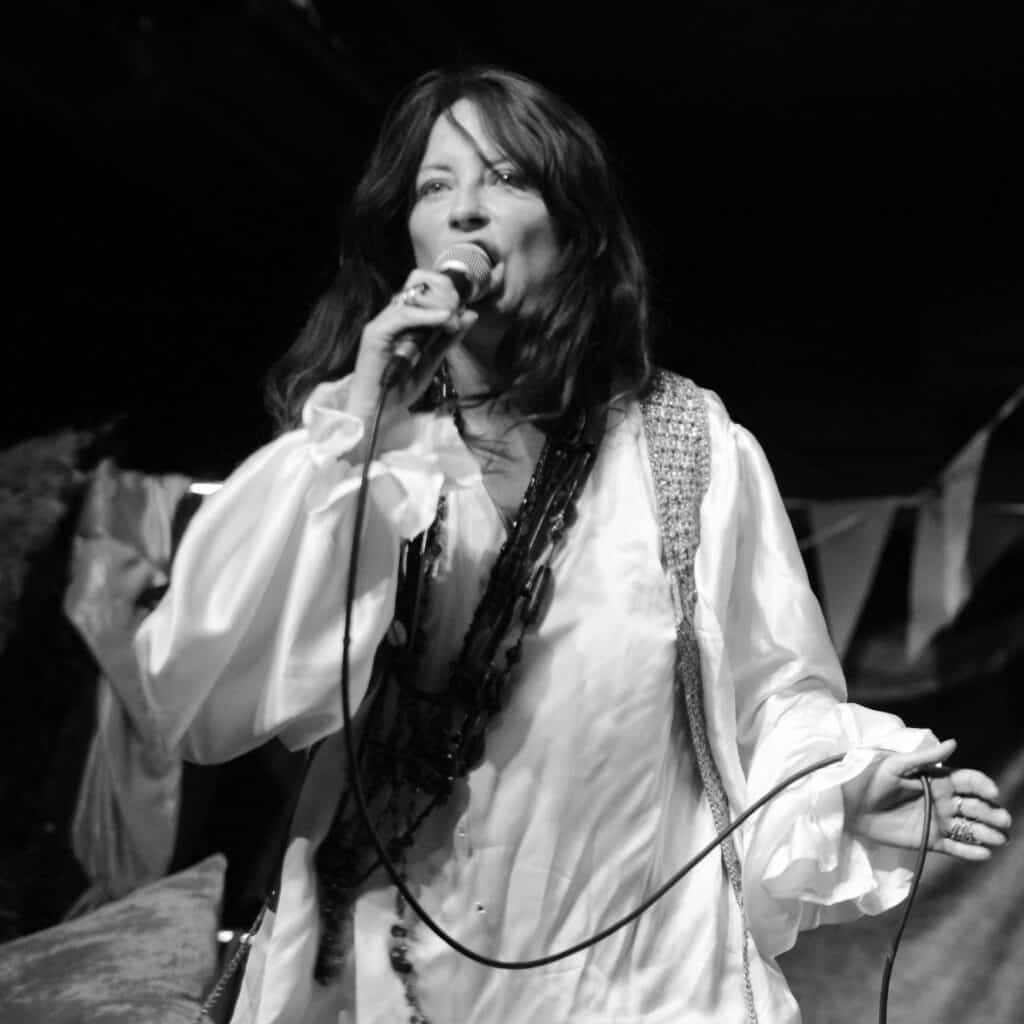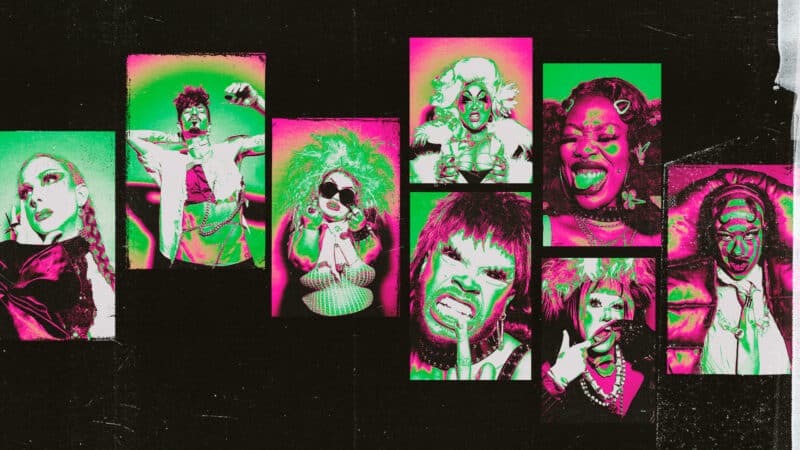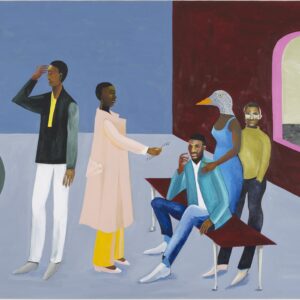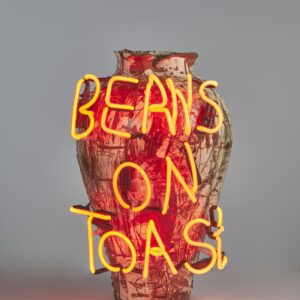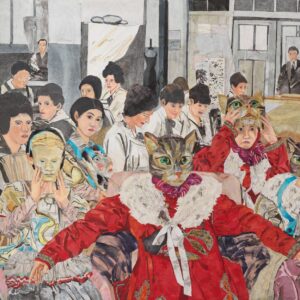Lee Sharrock interviews the star and writer of a new play based on the life of 1960’s rock star Janis Joplin. Singer-songwriter and actor Collette Cooper has written a powerful new play inspired by the story of Janis Joplin, one of the musical icons of the past century whose star burnt bright but briefly – her life ending prematurely through a heroin overdose at the age of 27. Joplin joined ‘The 27 Club’ of legendary musicians including Jimi Hendrix, Kurt Cobain, Jim Morrison and Amy Winehouse whose lives tragically ended far too soon, but left an indelible impression on popular culture and our musical heritage. Joplin performed ‘A Woman Left Lonely’ in Hollywood on the evening of 4th October 1970, before returning alone to her hotel room where she was found dead the following day. The American singer was born in 1943 in Port Arthur, Texas, where she was bullied in school for being a ‘misfit’. She found an escape through performing, gaining attention at the Monterey music festival in 1967 where she performed with ‘Big Brother and the Holding Company’, a psychedelic rock band. After going solo she released some of the most successful tracks of the era, with 5 singles entering the Billboard 100. Her most popular songs including; ‘Me and Bobby McGee’, ‘Ball and Chain’, ‘Mercedes Benz’, ‘Piece of my Heart’, Cry Baby’ and ‘Summertime’.
Singer-Songwriter Collette Cooper wrote the script for a new stage interpretation of Joplin’s life story. Cooper performs all the famous hits, taking the audience on a rollercoaster ride of emotion, belting out the songs with a powerful, bluesy voice that makes you sit up and take notice. Cooper’s script and performance is entrancing, recreating the oppression, rebellion, evolution and enlightenment of Joplin’s life, and her journey from teenage misfit to musical icon.
‘Tomorrow May Be My Last’ is set against a backdrop of a Woodstock-vibe music festival during the ‘Summer of Love’ in the 60s. In the one-woman show Collette Cooper inhabits the ghost of the troubled genius rock goddess in all her complexity and with a dark sense of humour. The immersive production is co-directed by Cooper with award-winning director Niall Phillips, and features all of Joplin’s greatest hits, as well as some original material. Cooper performs with an impressive supporting cast and some of the UK’s leading session musicians.
I was lucky enough to see Cooper and her band perform the play twice – once when it launched at the Golden Goose Fringe Theatre in South East London, and more recently at The Century Club. The first time I watched Cooper perform, the audience were quite reserved and hesitant, wearing masks as lockdown was only just lifting in London. So Cooper’s powerful vocals and emotional script really resonated and shook the audience out of their quarantine stupor. The Century Club performance was electric, following ‘Freedom Day’ meaning the audience no longer had to wear a mask, and we could get up and dance along with Cooper and the performers, finding parallels between the 60s of the play and the feeling that maybe we are entering our own Age of Aquarius after the Pandemic year.
‘Tomorrow may be my last’ will be performed at the Union Theatre in London from 24-28 August. Tickets available here (£20) : uniontheatre.biz/janis–tomorrow-may-be-my-last
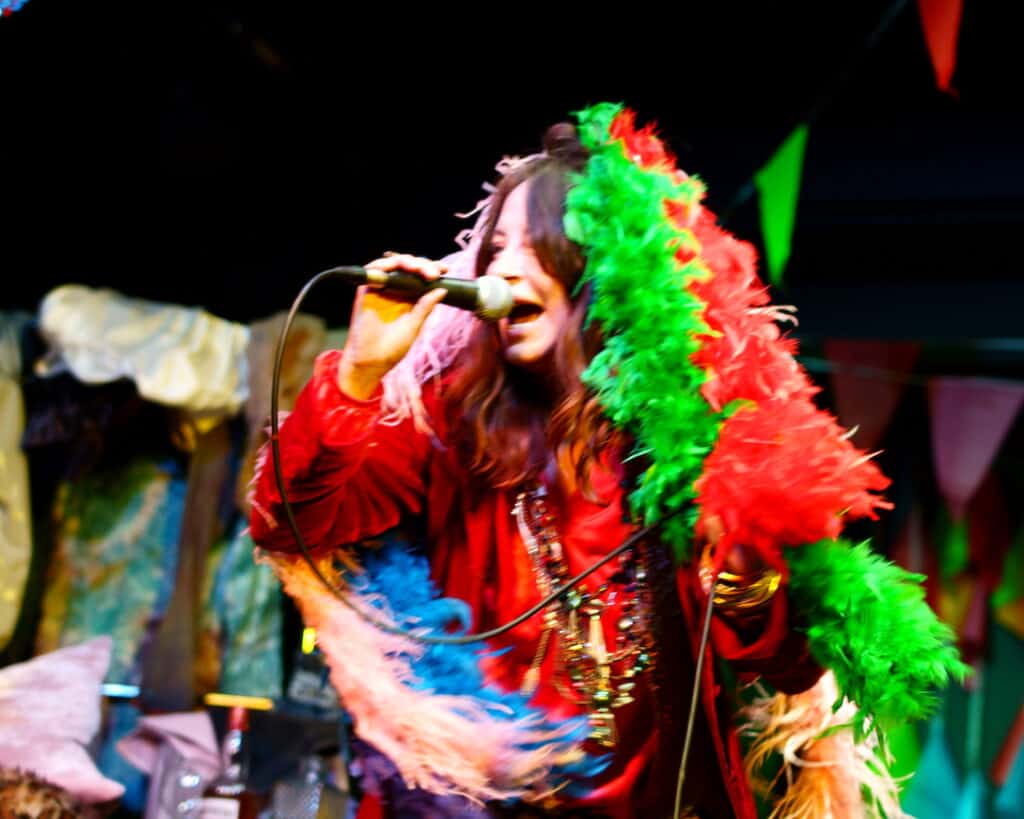
Q&A with Collette Cooper:
Lee Sharrock: What motivated you to write a play about Janis Joplin, was it her music or her life story, or a mixture of both that inspired you?
Collette Cooper: Yes, both. She was revolutionary, there was nobody like her at that time. She was raw and real. I could relate to her story too. We both came from small towns and we both share the same social conscience.
LS: Did you write the script during lockdown, and did you see parallels between the society that Janis lived in with society now? I could see some similarities with the contemporary issues of the 1960’s with issues that are still prevalent today – such as the abhorrent racism that is still a problem worldwide, as we saw recently with the racist Euro cup backlash & last year with the murder of George Floyd and consequent #blacklivesmatter movement.
CC: No, I started to write the play back in early 2019 and performed a read through on 4th March 2020, ready to take to theatres pre-pandemic (then lockdown hit us) which is really strange taking into consideration the nature of the script. There are so many parallels of today during the pandemic. Its quite uncanny.
One of the many things that attracted me to want to portray Janis, was her passion for equality and her intolerance for injustice. We share the very same values. It’s easy to write about her drug addiction which was played out to the world, but I wanted to explore Janis as a human being, her beliefs, passions…her very core.
LS: The pandemic and lockdown had a devastating effect on the arts, and in particular live theatre. As a grassroots theatre company, how did you emerge from lockdown still fighting and creating? And what challenges have you faced to get your production up and running, given the difficulties Covid restrictions place on theatre?
CC: Devastating to say the least. The government have funded all the established large theatres and left the grassroot, fringe theatres to rot! They are barely surviving, but artists still want to and will create. The less established theatres still want shows, therefore pulling together best we can, maintaining a Covid safe environment. It’s been very challenging! We are still not able to perform to full capacity and barely covering costs, but the important thing is for all involved is that we are still going and creating, and the general public have been so supportive. Many, many huge West End shows have come through grassroot/ Fringe theatres, so it’s imperative to carry on supporting these smaller theatres, otherwise The Arts will die!
LS: I was lucky enough to see you perform ’Tomorrow May Be My Last’ twice – the first time just after lockdown at the Golden Goose fringe theatre, and more recently at the Century Club’s theatre in Soho. You will be performing the play at the Union Theatre soon – how will that production differ from the first 2 – do you have to adapt the set, direction and performance to suit each venue?
CC: Whichever theatre you perform in, there’s always a little adaption to suit the venue. When we originally performed it back in June where there were still very strict covid restrictions, we were not able to be as immersive as we would like, but now with restrictions lifted we can perform the play as it was originally intended, and still adhere to covid safety. We take lateral tests daily and isolate leading up to show runs.
LS: Can you tell me a bit about the physical transformation you went through in order to play Janis, and also how you are preserving your voice for each performance? Your vocals are so powerful and Janis’s songs were famously powerful, so I imagine it must be tough on the vocal chords!
CC: It was quite a transformation. I grew my hair long and lightened it from my usual dark, shoulder length bob. I trimmed my eyelashes down too. I put on around 14 pounds because Janis was lovely and curvacious. I naturally sing in a lower register and had to train myself to sing higher. I have to do lots of warm-ups and practice the higher notes using “The Vocal Coach” App by Annabel Williams, which is brilliant! I have to generally take care of my voice daily at the moment. Early nights, not smoking or screaching on the netball courts!
TOMORROW MAY BE MY LAST: CAST AND CREATIVES
CAST
Janis
Collette Cooper
Additional cast:
Star
Star Eddy
Flower
Bree Smith
Run Rabbit
Damian Escayg
BAND
Sam, Lead Guitar
Jack Parry
Dave, Drums
Jan Simson
James, Bass Guitar
Daniel Malek
CREATIVES
Writer
Collette Cooper
Co-Directors
Collette Cooper and Niall Phillips
Producers
Mike Hanson, Rupert Burley, Collette Cooper
Musical Directors
Mike Hanson and Jack Parry
Choreographer
Arlene Phillips
Costumes
Amanda Newall
Assistant Producer
Jacob Trappitt
